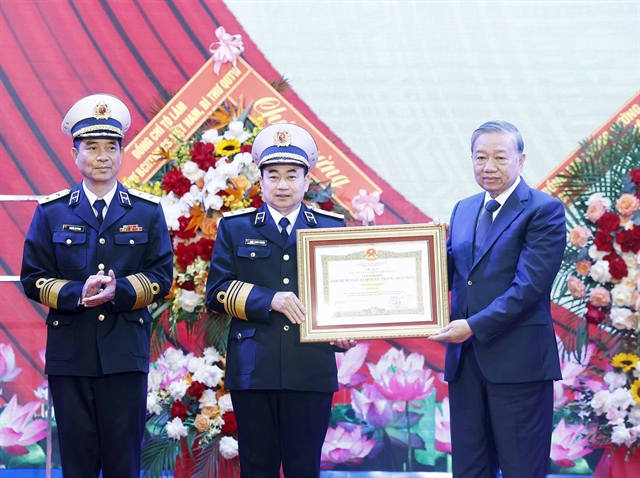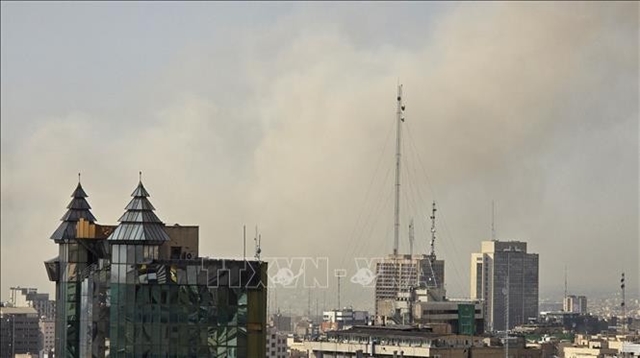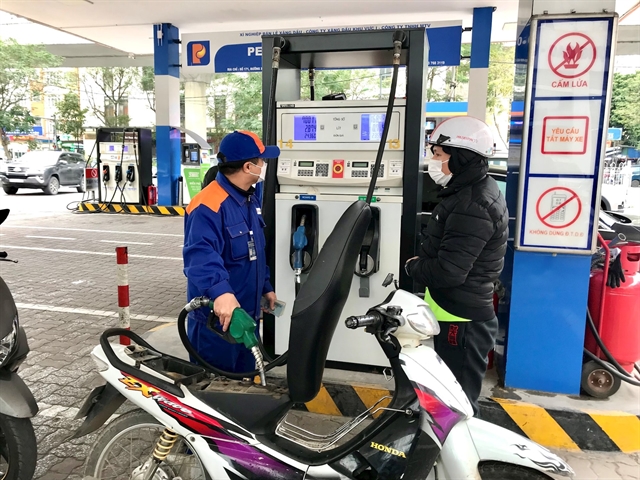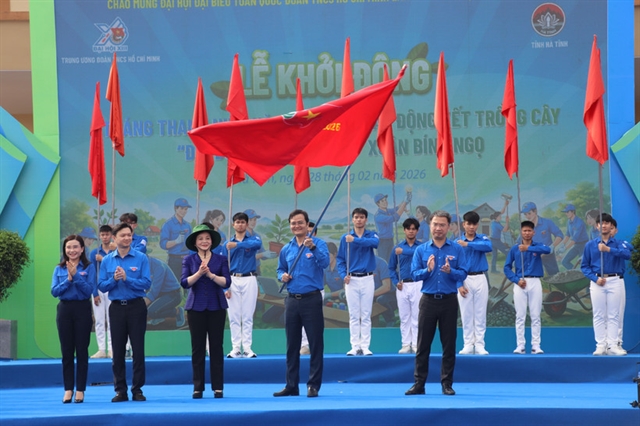 Society
Society

The deputy head of the Southwestern Region Steering Committee, a central government group that oversees the 13 provinces of the Mekong Delta, has urged the region to retructure its agricultural sector and improve linkages to better adapt to serious challenges in a competitive global environment.
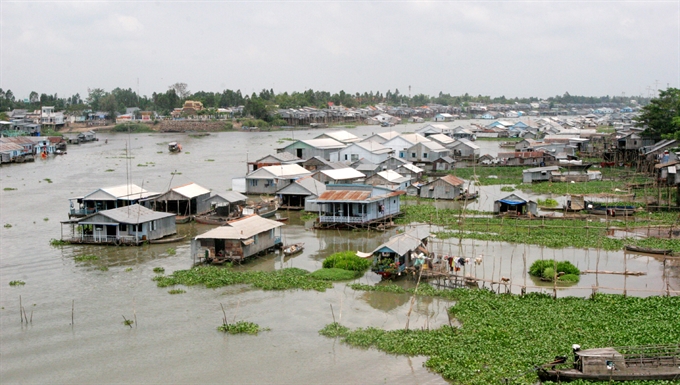 |
| Châu Đốc floating village in the Mekong Delta province of An Giang is a key material zone for aquaculture production in the province. Mekong Delta provinces are urged to restructure their agricultural sector and improve linkages to better adapt to serious challenges in a competitive global environment. – VNA/VNS Photo Phạm Hậu |
HCM CITY — The deputy head of the Southwestern Region Steering Committee, a central government group that oversees the 13 provinces of the Mekong Delta, has urged the region to retructure its agricultural sector and improve linkages to better adapt to serious challenges in a competitive global environment.
Nguyễn Quốc Việt told delegates at a seminar on international integration held in Hậu Giang Province yesterday that several problems needed urgent attention, including the restructuring of agriculture by “applying large-scale production based on science and technology to improve productivity, quality, efficiency and competitiveness.”
"The region also needs to focus on improving human resource quality and the efficient use of land, water, labour and capital resources," he said.
While economic growth in the region reached 7.8 per cent last year, the area still has serious shortcomings, including poor infrastructure, a shortage of skilled labourers and a lack of a specific plans for global integration under new free trade agreements (FTAs).
He noted that the Mekong Delta region produced more than 50 per cent of the country’s rice and 90 per cent of exports, in addition to 70 per cent of fruit and nearly 70 per cent of aquatic produce.
Lữ Văn Hùng, chairman of Hậu Giang Province’s People’s Committee, said the Việt Nam-EU and Trans-Pacific Partnership FTAs would offer opportunities for local companies to join supply chains of multinationals and restructure their import-export markets.
But, as Việt Nam is the least developed nation among TPP members, it must “make more efforts,” he said.
Võ Tòng Xuân, rector of Nam Cần Thơ University, told seminar delegates that government agencies should provide more information about the content of bilateral and multilateral free trade agreements to farmers and businesses, especially about the TPP and the ASEAN Economic Community.
To prepare for global integration, farmers should modernise production, reduce production costs by working together, and strictly follow good agricultural practices, he said.
He also called on the government to invest more in improving the region’s infrastructure, reform education, and develop favourable policies related to land ownership, rural credit and technology transfer.
Under the new FTAs, exports of seafood, tropical fruits, and processed farm produce and animal products are expected to increase, and more foreign food processing companies will open factories in the region.
To be competitive with other countries, domestic businesses must produce quality products, meet customers’ tastes, supply goods at the right time, and offer competitive prices.
Trần Kim Long, director of the Ministry of Agriculture and Rural Development’s International Co-operation Department, said the agricultural sector must develop better linkages among localities, create favourable conditions to attract more investment, and actively respond to climate change.
Deputy Prime Minister Vương Đình Huệ, who spoke at the seminar, said the Government would review the region’s master zoning plan and development scenarios to enable the region to better take advantage of integration opportunities and adapt to climate change.
Organised by the Southwest Region Steering Committee, the Ministry of Industry and Trade and the Hậu Giang Province People’s Committee, the seminar, titled “Cửu Long Delta: Active Integration and Sustainable Development”, was part of the 9th Mekong Delta Economic Development Forum. — VNS


